A colourful butterfly species once believed extinct from northern Vancouver Island is now re-establishing its presence, thanks to a captive breeding program and efforts to restore its habitat.
Taylor’s Checkerspot butterflies vanished from Hornby Island in the mid-1990s. At the time, lepidopterists thought they were the last Canadian population, and with few locations south of the border, the species’ extinction seemed imminent.
However, new Taylor’s Checkerspot populations were discovered on Denman Island in 2005 and near Campbell River in 2018.
This spring, larvae raised at the Greater Vancouver Zoo were released in Helliwell Provincial Park on Hornby Island and in May, biologists confirmed that at least 25 of the caterpillars survived to become adult butterflies, and many more may have gone unseen. It’s a hopeful sign that the co-operative efforts to re-establish a population of the endangered butterflies on Hornby Island are paying off.
“It’s wonderful to finally see the butterflies in Helliwell again after working so long to achieve this goal,” says Jennifer Heron, Chair of the Taylor’s Checkerspot Butterfly Recovery Project Team and invertebrate conservation specialist for the BC Ministry of Environment and Climate Change Strategy.
Planning for the species’ recovery began in 2005, with years spent preparing the area with BC Parks staff, contractors and local volunteers. Trees and invasive plants were replaced with thousands of native plants and seeds to restore the open coastal bluff meadow habitat that the butterflies and many other species require.
More work remains to be done – and you can help
“The butterflies aren’t out of the woods yet. They need to find food plants and mates, produce eggs, transition through more development stages, and then survive winter as diapause larvae,” Heron says. “It may be necessary to continue with habitat restoration and releases of captive reared butterflies for at least a few more years. “It takes a lot of cooperation to bring butterflies back from the brink of extinction.”
You’re urged to report Taylor’s Checkerspot butterfly sightings to Taylors.Checkerspot@gov.bc.ca, or by using the free iNaturalist app – an easy-to-use species identification tool that lets citizen scientists record and contribute important species data for projects around the globe.
You can also assist by staying on marked meadow trails in Helliwell Park that are delineated by ropes and restoration area signs. Trampling by people and their pets is one of the greatest threats to the butterflies and their food plants. Dogs must be on a leash according to provincial park regulations.
Did you know?
- Taylor’s Checkerspot Butterfly (Euphydryas editha taylori) is also known as Edith’s Checkerspot.
- Its historical range was Hornby Island, southeastern Vancouver Island, Puget Trough and to the Willamette Valley in Oregon. In BC, they were once abundant at sites in Greater Victoria, Mill Bay, Comox and on Hornby Island, including Helliwell Provincial Park).
- Taylor’s Checkerspot is federally listed as Endangered, and is on the BC Red list of at-risk species.
- The butterflies need open, sunny meadows where they can find suitable host plants (food for larvae and nectar-producing flowers for adults), such as Woolly Sunflower, Common Camas, Small-flowered Blue-eyed Mary, Wild Strawberry, Sea Blush and Yarrow.
- Habitat loss, degradation and fragmentation are major factors in the species’ decline. For example, the meadows along the coastal bluffs in Helliwell Provincial Park became less suitable for butterflies due to invasions of non-native plants and encroaching forests.
- Habitat enhancement work has been ongoing in the park for several years.
The Taylor’s Checkerspot Butterfly Recovery Project is an initiative of the Garry Oak Ecosystems Recovery Team’s Invertebrates at Risk Recovery Implementation Group. The collaborative effort to restore Taylor’s Checkerspot populations includes representatives from BC Parks, Denman Conservancy Association, Garry Oak Ecosystems Recovery Team, Greater Vancouver Zoo, Mosaic Forests, Wildlife Preservation Canada and others Helliwell Park neighbours in High Salal Ranch Strata, volunteers, Conservancy Hornby Island, the Hornby Island Natural History Centre, and Hornby Island Provincial Parks Committee.

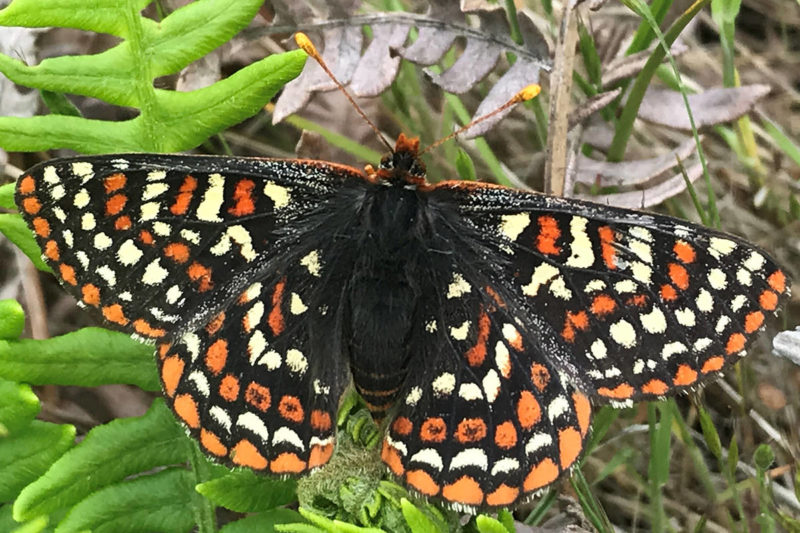

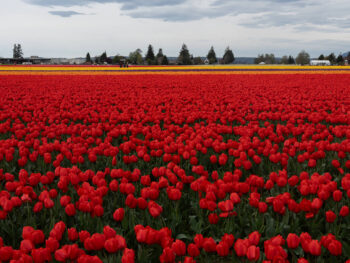

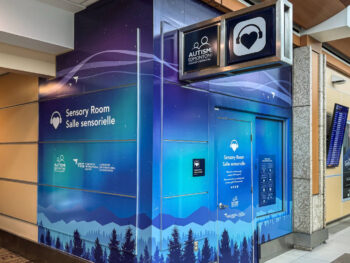
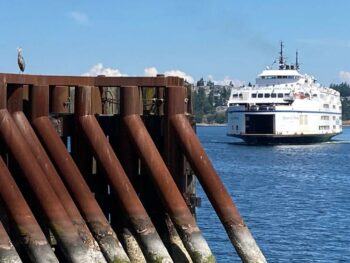
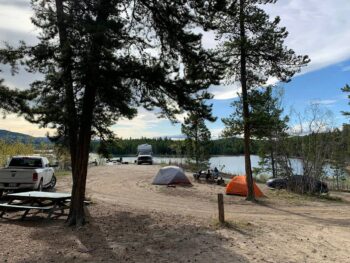
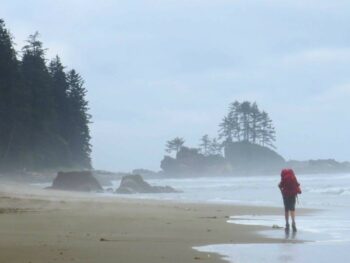
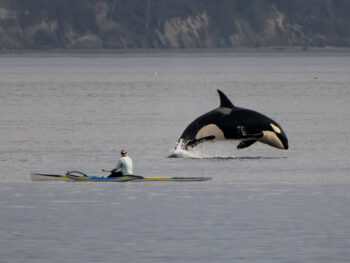
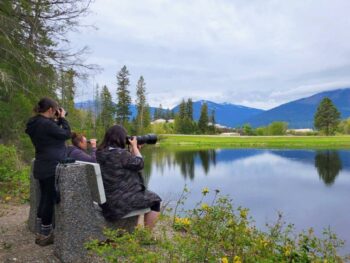
 Wine tours in the Okanagan are back
Wine tours in the Okanagan are back